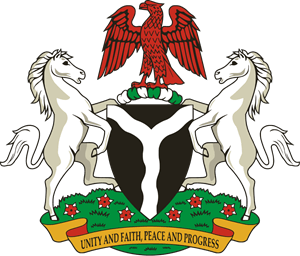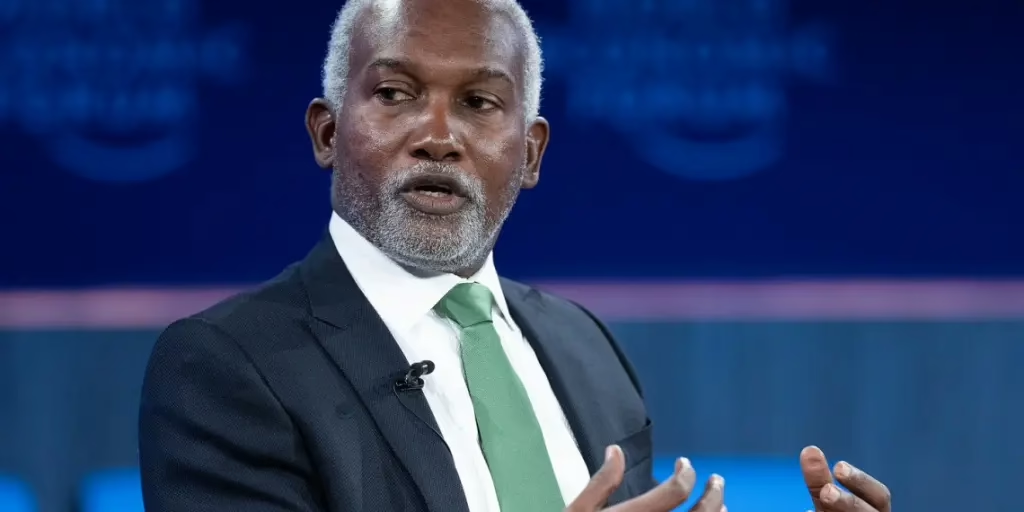The Federal Executive Council has approved the Economic Stabilisation Bills (ESB).
These bills, driven by recommendations from the Presidential Fiscal Policy and Tax Reforms Committee, chaired by Taiwo Oyedele, mark a critical step in the government’s Accelerated Stability and Advancement Plan.
President Bola Tinubu presided over the 18th meeting of the Federal Executive Council at the Aso Chambers of the State House, Abuja.
The ESB aims to amend over 15 tax, fiscal, and establishment laws, paving the way for enhanced economic stability.
The proposed amendments are expected to reduce inflation, strengthen the naira, and boost job creation while promoting fiscal discipline and poverty alleviation.
Oyedele took to his X account on Tuesday night to outline the 10 key amendments proposed by the ESB.
He noted that these efforts are in a bid to stabilise Nigeria’s economy and lay the groundwork for long-term inclusive growth.
These reforms, according to him, are set to shape the future of Nigeria’s fiscal landscape.
Here are the 10 proposed changes:
Amendments to income tax laws to facilitate employment opportunities for Nigerians in the global value chain, including the digital economy.
Zero-rated VAT and improved incentive regime to promote exports in goods, services, and intellectual property.
Amendments to facilitate investment in the gas sector and simplify local content requirements to ensure competitiveness.
Reform of the foreign exchange regime to enhance the regulatory powers of the CBN, unlock more forex liquidity, strengthen the naira, and sustain rates convergence.
Tax reliefs for private sector employers in respect of wage awards and transport subsidies provided to their employees.
Tax relief to companies that generate incremental employment and retain such employees for a minimum of three years.
Fiscal discipline and enhancement of remittances from government agencies and corporations to the Consolidated Revenue Fund of the Federal Government.
Collaboration with states to suspend certain taxes on small businesses and vulnerable populations, including road haulage levies and other charges on transportation of goods.
Introduction of a “Tax Identification Consolidation and Collaboration (TICC)” initiative to expand the tax base and create a level playing field for businesses.
Provision of additional funding for the Students Loan Scheme.
With these groundbreaking reforms approved by the FEC, “the Economic Stabilisation Bills are set to be transmitted to the National Assembly for passage into law.”
If enacted, these changes will play a pivotal role in stabilizing Nigeria’s economy and fostering long-term sustainable growth











Leave a Reply